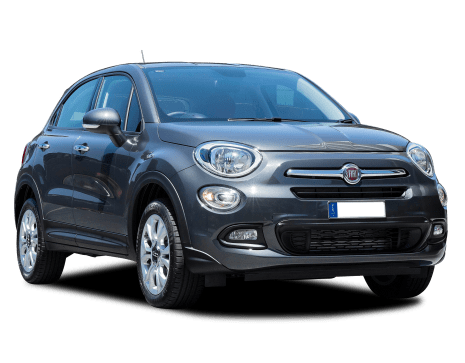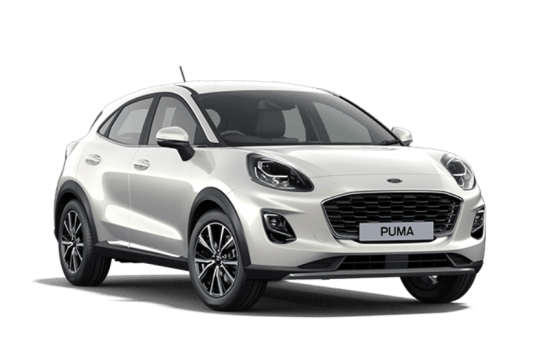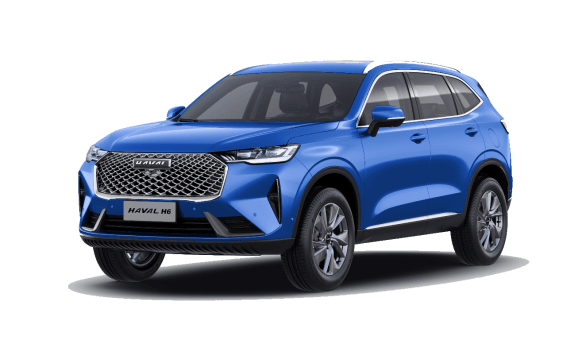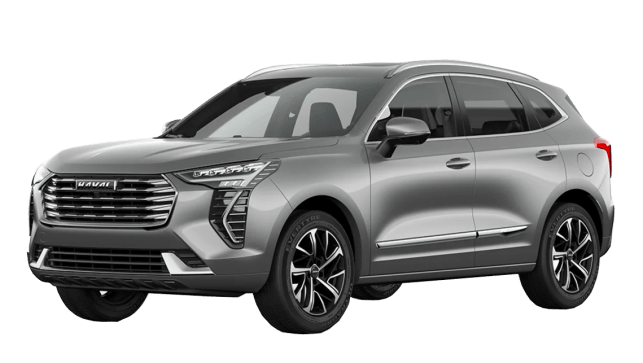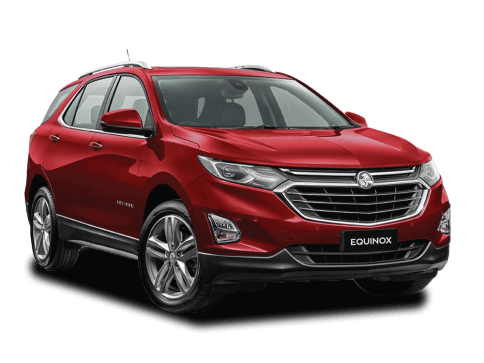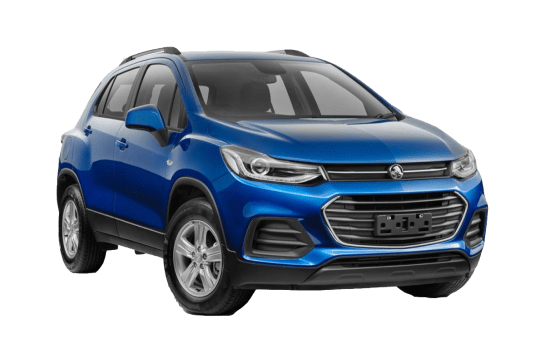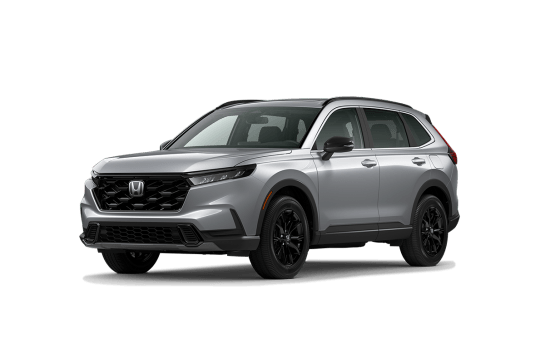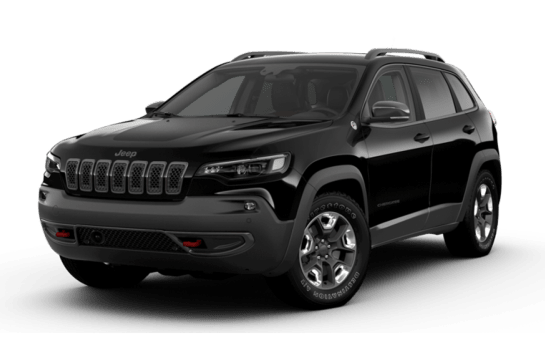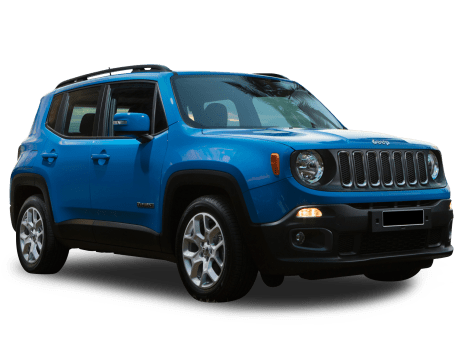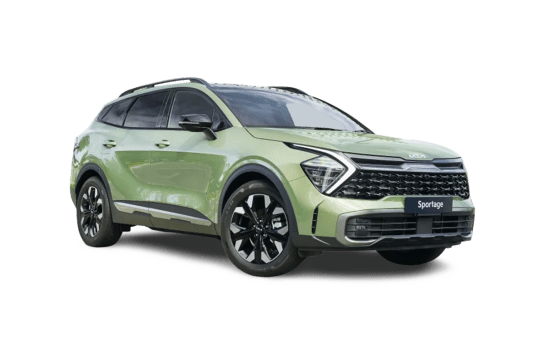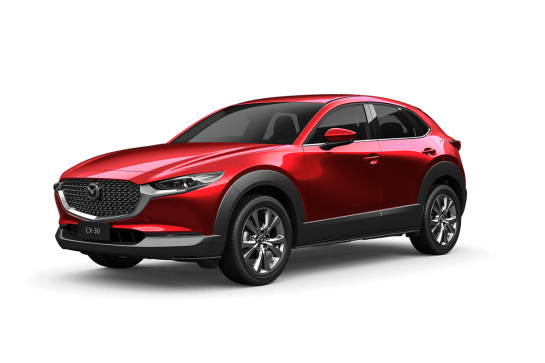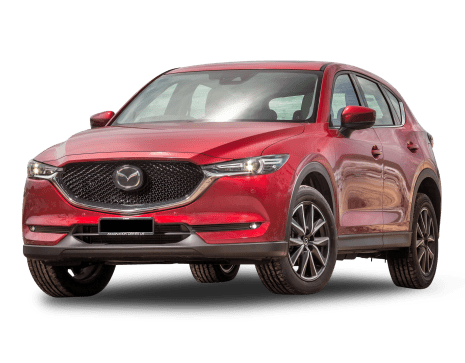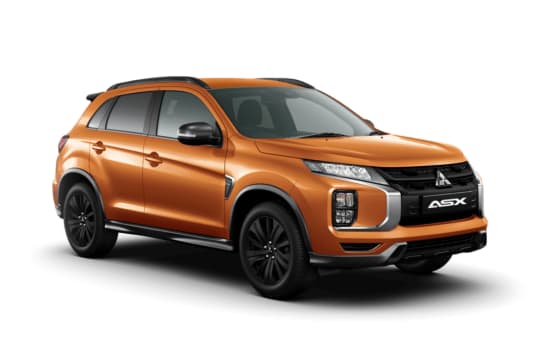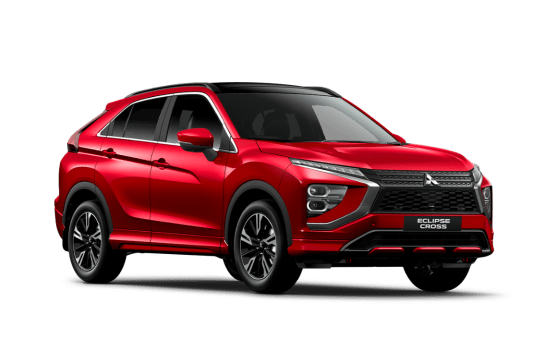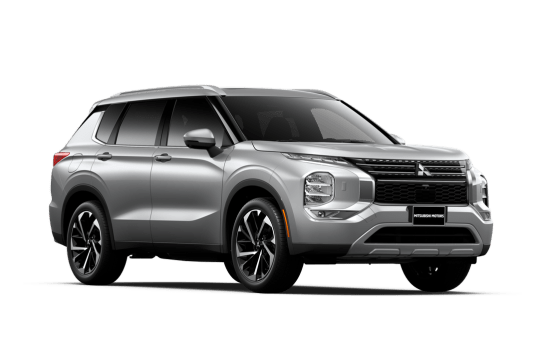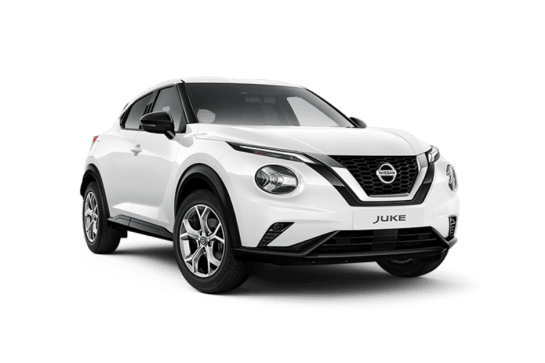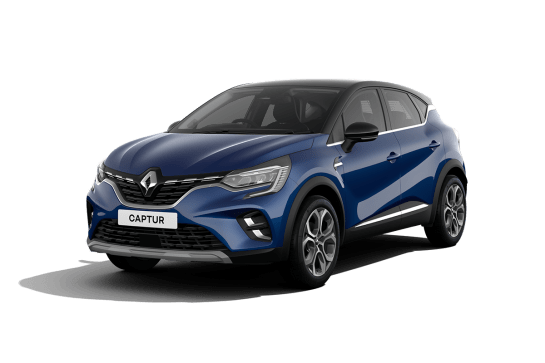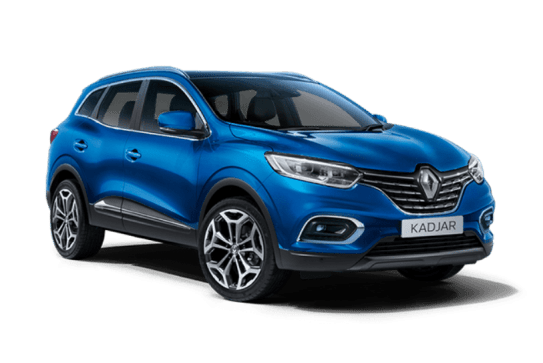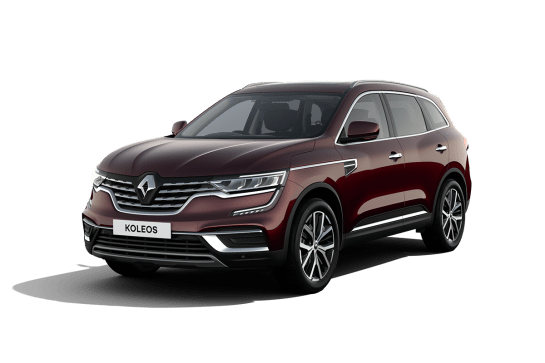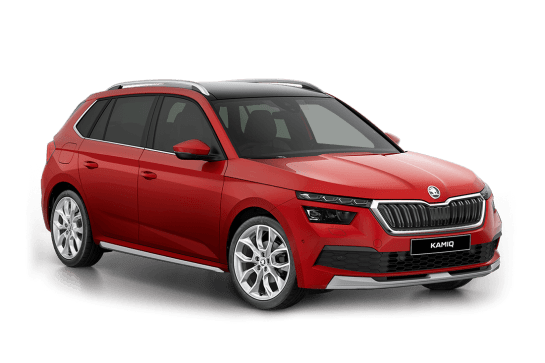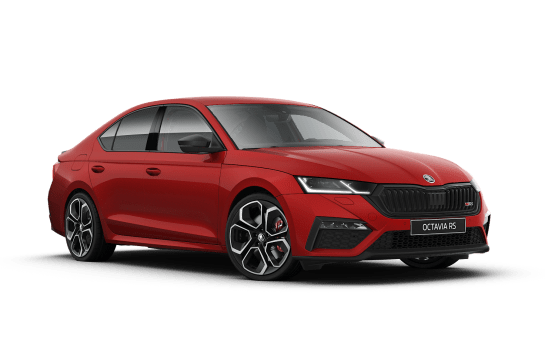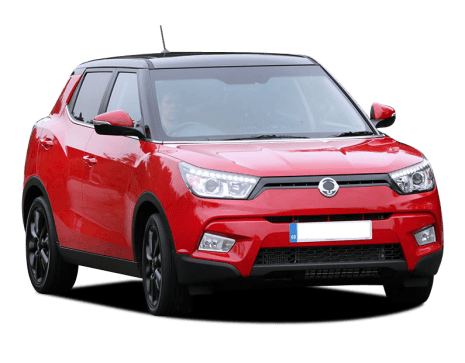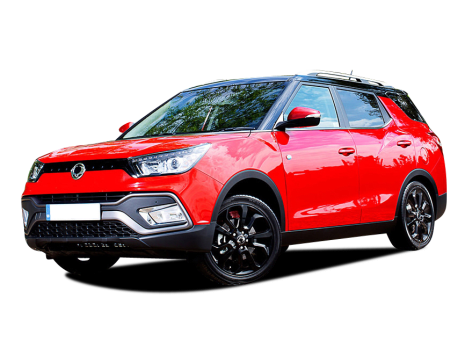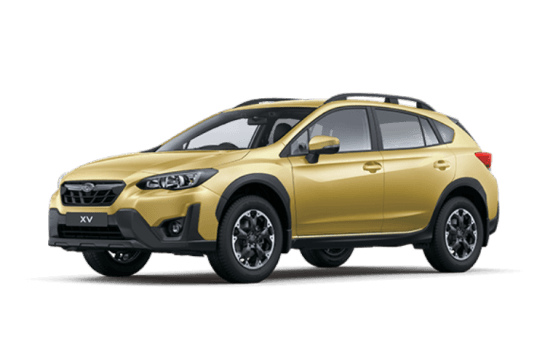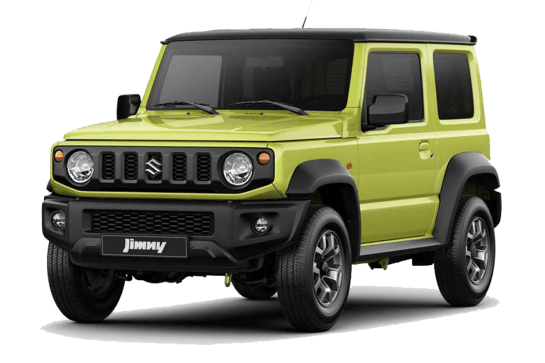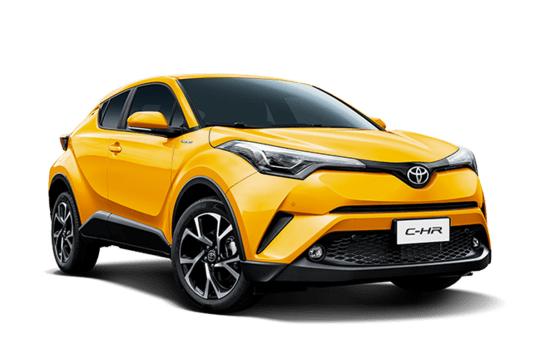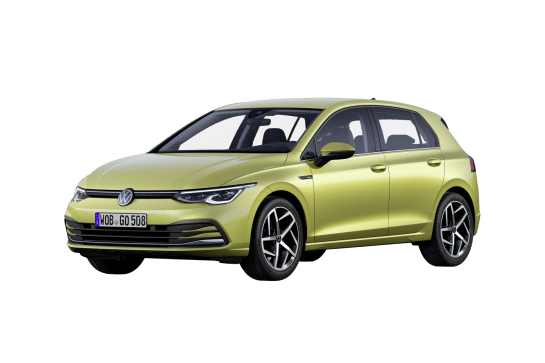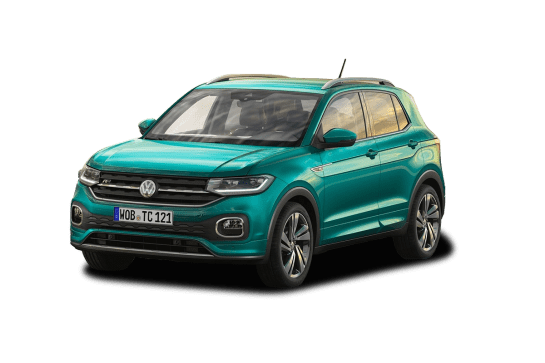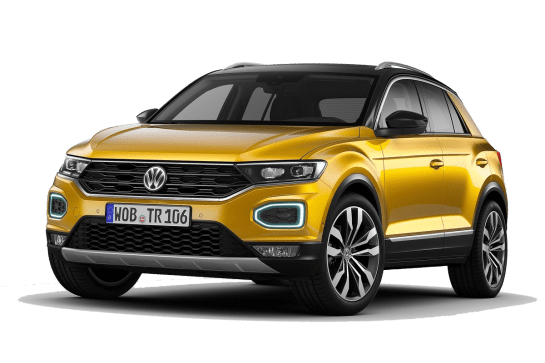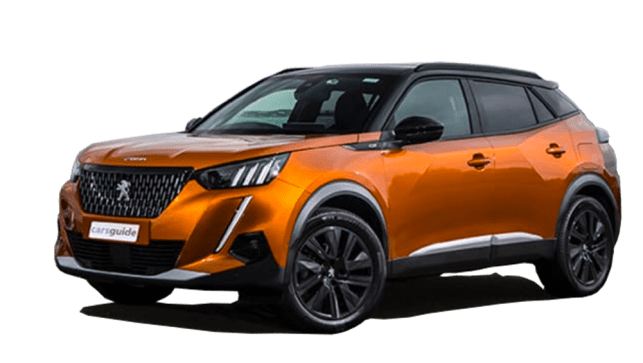
Peugeot 2008 VS Renault Koleos
Peugeot 2008
Likes
- Good looks
- Charming engine
- Affordable servicing
Dislikes
- Stiff suspension
- High price
- Driver display hard to see
Renault Koleos
Likes
- Decent value
- Visually appealing
- Spacious, comfortable cabin
Dislikes
- Average ride quality
- Dated multimedia and in-car tech
- Lacks engagement as a driver’s car
Summary
Peugeot 2008
Looks are subjective but Peugeot’s updated 2008 small SUV is good looking from every angle.
The update brings a raft of design tweaks and some tech upgrades, but mechanically there isn’t anything new.
It’s not a cheap car and its diminutive size might scare off some buyers who can cross-shop cheaper and more value focused alternatives from mainstream Japanese and Korean brands.
Read more about
- 2025 Peugeot E-3008 electric car Australian launch and timing confirmed: New-generation mid-size EV SUV set to battle Tesla Model Y, Hyundai Ioniq 5, Kia Niro EV and Renault Megane E-Tech
- 2024 Peugeot e-208: Nissan Leaf, GWM Ora, and MG4 rival from France looks to get two battery sizes, but will it be more competitively priced?
- 2024 Peugeot 408 GT Fastback pricing and specification confirmed: Mid-size hybrid coupe crossover aims up at Audi Q5, Lexus NX and Volvo XC60
We are driving the range-topping 2008 GT variant to find out if it’s more than just a pretty face.
| Safety rating | |
|---|---|
| Engine Type | 1.2L turbo |
| Fuel Type | — |
| Fuel Efficiency | 6.5L/100km |
| Seating | 5 seats |
Renault Koleos
There’s no shortage of models to choose from if you’re after a family-friendly medium SUV. The problem is, it might take a while to get your hands on one, with lengthy wait times for some of the best sellers due to current delays caused by a global parts shortage and supply chain dramas.
But there are a handful of models with healthy stock in dealerships right now and available for immediate delivery. One of them is the Renault Koleos.
It's coming to the end of its life cycle and lacks the shine of some of its fresher rivals, but it’s a lot of car for the money.
Read more about
We spent a week with the limited edition Koleos Black Edition to see if it is worth a trip to your Renault dealer, or if you should sit tight and wait for one of its newer rivals.
| Safety rating | |
|---|---|
| Engine Type | 2.5L |
| Fuel Type | — |
| Fuel Efficiency | 8.1L/100km |
| Seating | 5 seats |
Verdict
Peugeot 20087.2/10
The Peugeot 2008 is a handsome and accomplished little SUV that’s fun to drive and has a cabin that feels a little bit special.
In reality the 2008 is too expensive and isn’t as practical as most of the mainstream compact SUVs.
This is the car you buy with your heart, not with your head.
Renault Koleos6/10
To be fair to Renault, when the second-generation Koleos launched in 2016, it was a competitive offering. The problem is, a bunch of medium SUV rivals have been replaced in that time and some of them - Toyota RAV4, Kia Sportage, Mazda CX-5 and Hyundai Tucson, to name a few - are high-quality offerings with an engaging drive and the latest tech and in-car features.
Unfortunately, that leaves the Koleos towards the rear of the medium SUV pack.
It offers solid value-for-money, handles reasonably well and is still one the best-looking SUVs on the road. But beyond that, the Koleos can’t keep pace with those top-notch rivals.
Design
Peugeot 2008
The Peugeot 2008 is a smooth operator with head-turning French flair, but the devil is in the detail.
It’s not just the 2008’s well proportioned dimensions or the healthy dollop of exterior black highlights that catch your eye, but Peugeot has added a range of design cues to symbolise the Lion on its badge.
The tail-lights have a 3D effect that make them look like cat’s claws and the daytime running lights on the front resemble a scratch mark. These pair perfectly with the lion head crest on the grille.
Look deeper and you notice the attention to detail.
The 2008's redesigned front grille's slates are colour matched to the car's body colour.
Dual exhaust pipes are finished in chrome, giving the impression of performance even if the car doesn’t deliver on it.
The GT variant gets a two-tone paint job with a black roof contrasting with the body's colour.
Inside there are plenty of high quality finishes. The centre console is festooned in gloss black and there is a lovely carbon-effect textured insert on the dash and doors.
Some hard plastics below eye-level and on touch points such as where your knee might rub are less impressive. The rear seat loses some of the lustre of the front pew with tough plastics covering the back of the front seats and most of the doors.
Renault Koleos
An area that Renault has excelled at in the past decade has been exterior design. Under the stewardship of design chief Laurens van den Acker, Renault has transformed from somewhat quirky to modern and sleek.
The Koleos is getting on in years, having arrived in 2016, but it’s still a handsome SUV. A 2020 facelift sharpened its looks further and we reckon it’s one of the best-looking models in the medium-SUV segment.
Piano black inserts around the gear shifter are a nice touch, but the fake carbon-fibre inserts look and feel cheap. It’s all a bit generic.
But the appealing contrast yellow stitching on the seats, gear shifter housing, doors, centre armrest and more breaks up the grey with a little pop of colour.
Practicality
Peugeot 2008
Step inside and there is no hiding the 2008’s diminutive proportions.
It’s 4300mm long, 1815mm wide and 1550mm high, which puts it closer in size to the mini Mazda CX-3 than the larger CX-30 it is more aligned with price-wise.
This all adds up to a snug fit in whichever row you sit.
There are a couple of cupholders in the centre console - a smaller one for a standard takeaway coffee and a larger one for drink bottles.
Slight storage bins in the door can hold a regular drink bottle but there isn’t much room for much else.
The wireless device charger is hidden away behind a compartment below the central screen that opens with a push and there are two USB-C ports up front and the rear seats score a USB-C and A connection.
Rear seat passengers do without a dedicated aircon vent, unfortunately.
There is an issue with Peugeot’s i-Cockpit steering wheel and digital driver display, too.
If you like to sit low the chances are the steering wheel will cut off your view of the bottom part of the display. If you prefer to have the seat jacked up, you’ll have better vision of the readouts.
There are piano key-like physical controls for simple climate functions such as the de-mister and auto climate settings. More complex functions are done via the 10-inch central multimedia screen.
The boot is a decent size at 434L and can easily handle a weekly grocery shop or a few overnight bags.
There is only a space saver spare wheel, but this car is aimed at city driving where it is easier to source a replacement tyre.
Renault Koleos
It might lack the up-to-date styling of those rivals, but the Koleos is practical and spacious inside and great for family duties.
As with the outgoing fourth-generation Nissan X-Trail, the Koleos is one of the larger offerings in the medium SUV segment, and it’s evident when sitting in the front or rear seating row.
Rearward visibility could be better, with a small rear screen and thick C- and D-pillars impeding vision and creating a blind spot.
The front seats are well supported and comfortable and while the driver’s side is power adjustable, the front passenger seat is manually adjustable.
It has a deep central storage bin with a hidden shelf for coins and more. The Koleos features a sizeable glovebox and good bottle storage in the doors, with room for other items.
There’s a weird fixed cup holder in the centre console. It’s not adjustable and there’s room for two very narrow cups and two larger, but not wide, cups. It’s strange. Interior designers could have used that space better.
The CVT's position indicators are located to the left of the shifter and are thus obscured, so you have to rely on the instrument cluster display to confirm what gear you want.
The steering wheel looks and feels good, but the controls aren’t super logical. There are old school switches in the console to activate the cruise control and speed limiter, but then to adjust and reset the speed you have to hit buttons on the wheel that are not clearly marked.
The audio controls are housed on a panel-like stalk to the right side of the steering column, which isn’t ideal. These make more sense if they’re housed on the wheel itself.
Along with a number of cars we have sampled recently, the Koleos has split analogue and digital controls for the air conditioning. Just integrate it in the screen or have traditional controls - not both!
It has a part-digital instrument cluster which is fine, but there’s no head-up display.
Renault’s 'R-Link' multimedia set-up in the Koleos is old, with dated graphics and a small screen, but the menu layout is clear and logical.
The Koleos lacks wireless phone charging and it makes do with wired Apple CarPlay and Android Auto. The quality of the Bluetooth and CarPlay phone audio is poor and sounds tinny.
The proximity key that locks and unlocks the vehicle remotely when you walk towards or away from it works every single time. Many of these systems from other brands are patchy at best but the Renault system is faultless.
The rear seats recline and fold manually 60/40. They’re also surprisingly comfortable. There’s enough bucketing to sink in a bit, and the seats are set high up so kids can easily see out windows.
Space is ample in the second row, with loads of head, leg, toe and knee room, even behind my six-foot (183cm) driving position.
The rear pew has ISOFIX points on the outboard seats, lower air vents, a 12-volt outlet, map pockets, a centre folding armrest with two cupholders, but no USB ports. You have to make do with the two ports at the front.
Open the power tailgate and you’ll find a decent 458-litre boot with all seats in place (maximum 1690L), which is off the pace of its cousin, the Nissan X-Trail (565L), as well as the Toyota RAV4 (580L) and Hyundai Tucson (539L).
A 17-inch steel spare wheel is housed under the boot floor which might explain the lower boot capacity, and there are handy tie-down hooks, a couple of smaller storage nooks and a solid cargo blind.
Price and features
Peugeot 2008
The 2008 range kicks off at $39,990, before on-road costs, for the base Allure grade and rises to $44,490 for the fully loaded GT variant.
That’s a lot of money for a small SUV, especially considering the Skoda Kamiq range starts at $32,990, you can get Nissan’s Qashqai from $33,890 and a Mazda CX-30 for $33,140.
There is a lot to like about the 2008’s standard equipment list, though.
Flash looking 17-inch alloy wheels are complemented by adaptive LED headlights that control individual LEDs to brighten the road without dazzling oncoming vehicles. The headlights will automatically switch on in low light situations and stay on for a short period of time after you exit the vehicle to make it easier to find your way to the door at night.
A 10-inch multimedia screen is compatible with wireless Apple CarPlay and Android Auto, and a wireless device charger completes the cord-free ecosystem.
Peugeot’s 'i-Cockpit' brings a 10-inch driver display with 3D readouts paired with a small steering wheel.
GT buyers can expect eight colour ambient lighting, a six-speaker stereo, four USB charging ports, in-built sat nav and brushed aluminium foot pedals.
Well bolstered seats are heated up front and wrapped in synthetic suede and leather upholstery with contrast green stitching. The driver’s seat is power adjustable and has a massage function but the front seat passenger will need to move the seat themselves.
There are rain-sensing wipers, roof rails, power folding and heated side mirrors and a space saver spare wheel.
It’s a solid list of equipment but is missing some features you’ll find on similarly priced rivals such as a head-up display.
Renault Koleos
A European badge doesn’t always mean you pay more than say, Korean or Japanese offerings, and Renault is an example of that.
The Koleos line-up, for now, starts from $33,590, before on-road costs, for the two-wheel drive Life and tops out at $46,390 for the Intens all-wheel drive.
But after July 1, 2022, prices will increase across the Renault line-up, with the Koleos set to range from $35,000 to $47,500.
There’s only one petrol engine option since the diesel was dropped in 2019 and each variant is paired with a continuously variable transmission (CVT) driving either the front or all four wheels.
That pre-July pricing is competitive against its rivals, undercutting the opening price of automatic versions of the Hyundai Tucson, Kia Sportage, Mazda CX-5, Mitsubishi Outlander, Subaru Forester, Toyota RAV4, and more.
Our test car, the Koleos Black Edition, is priced at $40,090 (rising to $40,500 from July 1) and is based on the specification of the mid-range Zen front-wheel drive (FWD). It is limited to 400 units in Australia.
Renault is one of a number of car makers to offer a black-themed model in recent times, alongside Kia, Mitsubishi, Toyota, SsangYong, and others.
The Black Edition adds dark flourishes like 19-inch dark-grey alloy wheels, gloss black roof rails and door mirrors, sidesteps, French flags on the B-pillar (even though it’s built in South Korea) and a choice of three exterior metallic paint colours including black (of course), grey or white.
It also gets a hands-free powered tailgate, black synthetic leather upholstery with yellow stitching, matt carbon-look inserts, an 8.7-inch multimedia portrait touchscreen and ‘Limited’ badging on the chrome door sills.
That’s on top of features that are standard on the Zen, like a proximity key, push-button start, dusk-sensing headlights, rain-sensing wipers, auto-dimming rear-view mirror, auto-folding exterior mirrors, an electrically adjustable driver’s seat, heated front seats, a reclining rear seat, dual-zone air-conditioning, and heated and cooled front cupholder.
The multimedia system houses sat nav and comes with wired Apple CarPlay and Android Auto, Bluetooth, digital radio and an eight-speaker audio system.
There’s more details on the safety front below, and many rivals come with more modern in-car tech but there’s no question the Koleos offers very good value-for-money.
Under the bonnet
Peugeot 2008
Lurking beneath the bonnet is a little three-cylinder 1.2-litre turbo-petrol engine that makes 96kW and 230Nm. That’s a decent amount of grunt from the little unit, but again you can get more oomph for less from mainstream rivals.
It is paired to an eight-speed automatic transmission that drives the front wheels.
There is no hybrid help, either.
Renault Koleos
The Koleos shares its powertrain with the X-Trail. That means it uses a Euro 5-rated 2.5-litre four-cylinder, naturally aspirated petrol engine delivering 126kW of power at 6000rpm and 226Nm of torque at 4400rpm.
It is paired with a CVT and drives with the front, or all four wheels, depending on the grade.
The Koleos has a braked towing capacity of 2000kg.
Efficiency
Peugeot 2008
Stiff emissions regulations in Europe mean these little turbocharged petrol engines have a fair bit of self control on the drink.
Peugeot claims the 2008 uses 5.4L/100km on the combined cycle. We used slightly more than this but spent most of the time in the cut and thrust of city traffic where cars use more fuel.
You’ll need to budget for pricier premium unleaded petrol, too.
Renault Koleos
According to Renault, the combined fuel consumption figure for the FWD Koleos is 8.1 litres per 100 kilometres. The AWD Koleos sips 8.3L.
After a week of mixed urban, freeway and semi-rural driving, we recorded 11.3L/100km.
Koleos uses 91 RON petrol, has a 60-litre fuel tank and emits 188g/km of CO2 emissions.
Driving
Peugeot 2008
On the road the 2008 is a bit temperamental.
Most European cars are fitted with stiffer suspension than the cosseting springs found in Japanese machines.
This means you’ll feel bumps and road imperfections through your seat more than other SUVs. It has particular problems ironing out consistent smaller bumps, which can unsettle it and lead the 2008 to skip across them.
The counterbalance to that is a more dynamic drive experience, with the 2008 exerting excellent body control through the bends as it is held in line by the stiffer set-up.
Pair this with sharp, direct and well-weighted steering and it's a fun little SUV to take on a twisting country back road.
Three cylinders might not sound like a lot, but in the real world this is all the 2008 needs.
Its 96kW and 230Nm won’t set the world on fire but the torque is accessed from just 1750rpm, which endows the 2008 with some punch off the mark and it feels zippy when navigating the daily commute.
Don’t confuse that for outright speed, though, the 2008 completes the benchmark 0-100km/h dash in 9.3 seconds.
The transmission is fine when you are accelerating or cruising at motorway speeds, where it uses its many ratios to keep the engine humming along in its sweet spot. There are paddle shifters if you want more control.
In stop-start traffic it isn’t as an accomplished performer. It can struggle to find the right ratio and this leads to a jerky movement reminiscent of dual-clutch autos.
The cabin is well insulated with the outside world kept mostly at bay, but you’ll hear the three cylinder’s charming little rumble when you put your foot down.
Parking is a cinch thanks to its petite proportions and the 2008 has no issues navigating tight city streets or underground car parks.
Renault Koleos
The drive experience is a mixed bag with some highlights and lowlights.
The ageing 2.5-litre engine is responsive enough from a standing start - it has a 0-100km/h time of 9.5 seconds - but it lacks any real punch and becomes breathless the second you encounter a hill.
It is noisy and revs hard when pushed, with the CVT drone not making for a particularly pleasant aural experience. You’ll hear a fair bit of road and tyre noise in the cabin, too.
The steering is dull and feels quite artificial, but the brakes feel strong.
Unless you’re on a perfectly smooth road surface, the ride is a little busy and the damper tune fails to adequately soften corrugations, potholes and speed bumps.
It is, however, a more capable handler than expected. The chassis is well sorted, and aside from feeling top heavy with body roll when cornering, it has decent grip and displayed impressive roadholding characteristics, even on a sweeping bend with a loose shoulder surface.
There was a little understeer detected turning into a particularly tight bend.
It can’t match the dynamism of the Kia Sportage or Mazda CX-5, but it does engage the driver to some extent.
Safety
Peugeot 2008
The 2008 has a maximum five-star ANCAP safety rating, but that mark was given in 2020 and it might not get the same score if it was retested today.
It has six airbags, but misses out on a centre airbag that protects against head clashes in a side on collision.
It has a decent amount of safety equipment with auto emergency braking, lane keep assist, blind spot monitoring and adaptive cruise control.
Rear cross-traffic alert, which sounds an alarm if a car is approaching from the side as you reverse, is a notable absence.
Renault Koleos
The Koleos was awarded a five-star ANCAP crash safety rating back in 2017.
It comes as standard with six airbags, auto emergency braking, forward collision warning, lane departure warning, blind spot monitoring, cruise control, a reversing camera, front and rear parking sensors, and a tyre pressure monitor.
It lacks some of the more modern active driver aids that are offered as standard in rivals, like an active lane-keeping system that helps ensure the vehicle doesn’t cross line markings. The Koleos makes do with an audible warning that, oddly, sounds like a whoopie cushion when activated.
The cruise control is not adaptive, instead it’s the old school version that doesn’t detect vehicles ahead and lower its speed accordingly.
Having more up-to-date safety gear would improve the Koleos’ appeal.
Ownership
Peugeot 2008
Peugeot covers the 2008 with a five year/unlimited km warranty, which is the standard coverage today.
The French brand offers a range of prepaid servicing packs that’ll save you a handy amount compared to pay-as-you-go maintenance.
A five-year plan is the best value, costing $1700 for five scheduled visits every 12 months or 15,000km. That’s $638 cheaper than the pay-as-you-go servicing.
Renault Koleos
The Koleos is covered by Renault’s five-year/unlimited kilometre warranty, which is stadatd in the meainstream market, now.
It is available with a five-year capped-price servicing plan, with each service costing $429, except year four which will set you back $999.
The servicing schedule is every 12 months or 30,000km, whichever occurs first.



